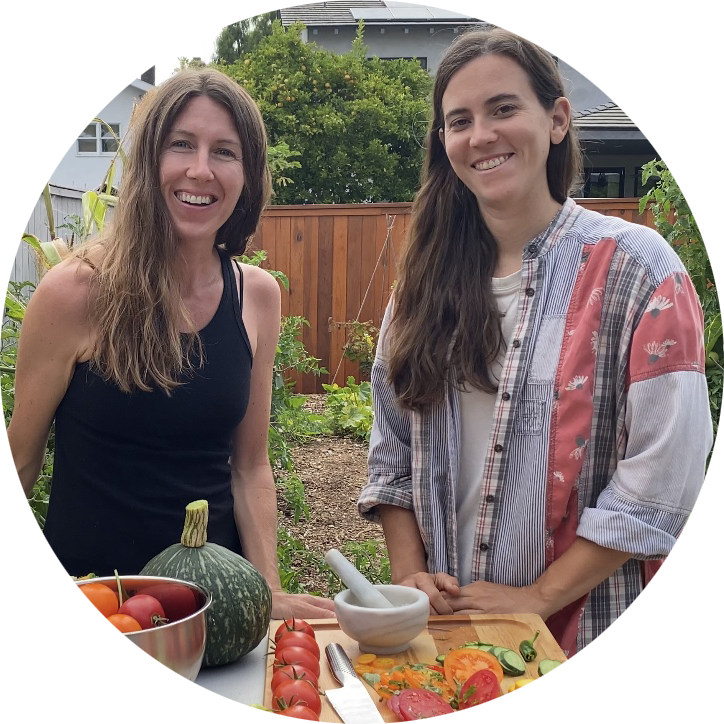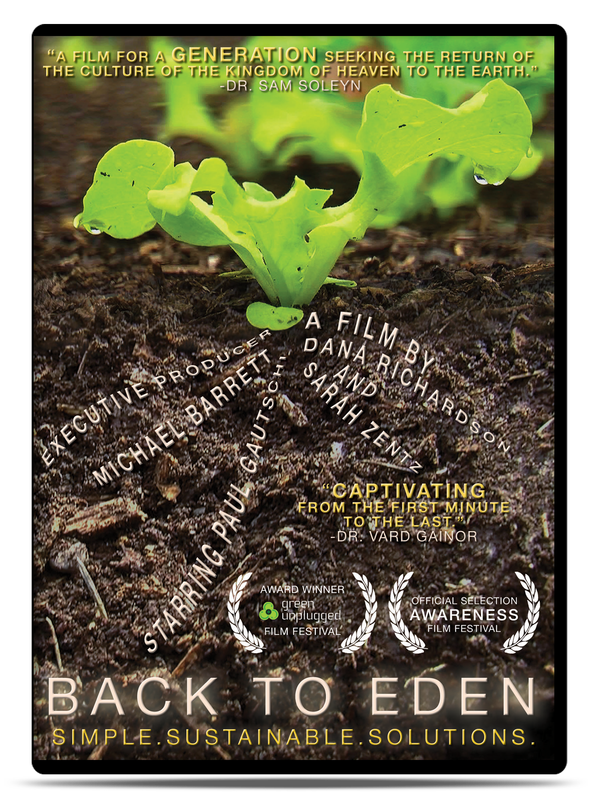|
Onion sets are now back in stock and shipping just in time for Fall planting! There are so many benefits to growing onions in your garden. The medicinal benefits of onions have been recognized since ancient times when they were used to treat headaches, heart disease, and mouth sores. They are packed with B vitamins and C and they contain over 25 antioxidants. This combination of powerful nutrients helps fight diseases like heart disease, diabetes, and cancer. Onions are even believed to help prevent osteoporosis by increasing bone density and reducing oxidative stress. Onions are easy to grow and taste sweeter fresh from the garden! Does planting onions deter garden pests? There are so also many benefits to planting them in your garden. Similarly to garlic, the naturally occurring compounds in onions can deter many pests from infesting your garden. The smell of onions helps to deter rabbits, maggots, cabbage loopers, and many other insects. They are most effective as a pest control when used with companion planting. Companion planting is the method of pairing specific types of plants next to one another to increase their health, growth, and resistance to pests. The best plants to companion plant with onions include carrots, lettuce, chamomile, beets, cabbage and parsnips. Consider planting your onion bulbs as a border to your garden bed with these companion veggies nearby.
How do I grow the best onions? The key to growing large and juicy onions is to plant early enough in your growing season and to plant in very soft soil or compost. Winter onions can be planted any time the ground can be worked – usually between October and December in most climates. In Back to Eden Gardens we recommend planting your onion sets about 1 inch below the surface, 4-5 inches apart in the soft compost below the woodchips. The woodchip covering will help retain moisture, keep the soil insulated, and prevent weeds. Add an extra layer of raw woodchip mulch if you live in colder climates. If your Back to Eden Garden is new and your soil is compact below consider a raised bed with at least 6-12 inches of compost for your onions. If your soil is not already rich, add an organic fertilizer to encourage growth. The more soft and rich the soil is, the better your onions will grow. Planting onions in compact soil and too short of a growing season are the biggest mistakes gardeners usually make. Onion sets will store in a cold dry place for up to three weeks. So make sure your gardens are ready with plenty of woodchips and compost laid down in the fall before you plant! |
AUTHORSCategories
All
|
BACK TO EDEN GARDENING |
JOIN THE MOVEMENT |
CONTACT US |
© 2022 Back to Eden Film. All rights reserved.






 RSS Feed
RSS Feed